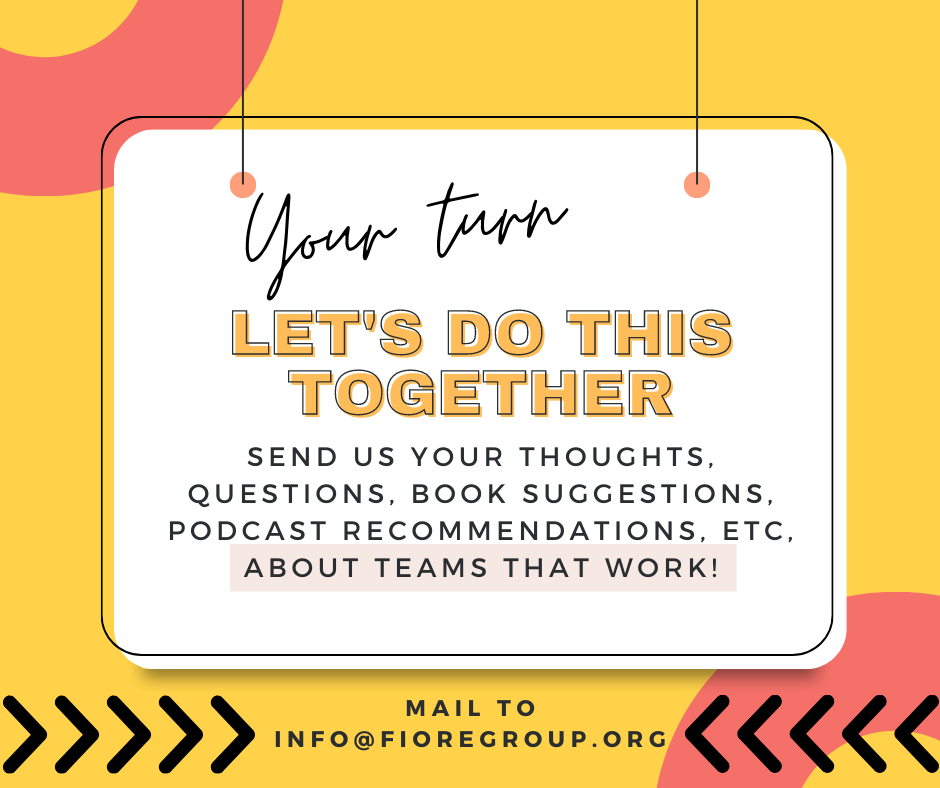The Words of Justin Jones-Fosu Got My Attention
I had the opportunity to listen to the brilliant Justin Jones-Fosu, a speaker at this year’s National Speakers Association’s annual Influence, share wisdom about his journey as a professional speaker and facilitator.
Jones-Fosu mentioned an important piece of research that influenced his evolution. The MIT Sloan Management Review research was called What Makes Work Meaningful – Or Meaningless.
He shared how the research impacted his views on his work in the world.
I had to find that article!
The Research Asked A Meaningful Question
Reading the article brought back so many powerful memories from my career in policing, both in London (UK) and British Columbia.
The authors, Catherine Bailey, from the University of Sussex in Brighton (UK), and Adrian Madden, from the University of Greenwich, interviewed 135 people working in 10 different occupations.
They asked them to share stories about incidents where they found their work to be meaningful and, equally, times when they asked themselves, “What’s the point of doing this job?”
What The Researchers Thought They Would Find
- The researchers anticipated the results would show that the meaningfulness experienced by employees concerning their work was associated with actions taken by managers.
- They expected to find a clear link between the factors that increased levels of meaningfulness and those that eroded them.
What the Researchers Discovered Was Different Than Their Assumptions
- They were surprised, therefore, that the quality of leadership received virtually no mention but that poor management was the top destroyer of meaningfulness.
- The subjects of their interviews found meaningfulness for themselves rather than it being mandated or a construct of anything their manager did. Conversely, employers wanting to destroy that sense of meaningfulness achieved it easily.
People Choose Meaningfulness
The instant an employee thinks to themselves, “Why am I bothering to do this?” – that moment affects them immediately and significantly.
Researchers used the analogy of meaningfulness as a delicate flower that requires constant and tender loving care.
If destroyed, the “Why am I bothering?” moment occurs.
Results showed a sense of meaningfulness was connected with a sense of pride and achievement of a well-done job. Receiving others’ praise, recognition, or positive acknowledgment was also hugely important.
Meaningfulness Was More Complex
The researchers identified five more influences on worker’s sense of meaningfulness.
- Self-transcendent: the impact or relevance of their work on other people, groups, or the wider environment.
- Poignant: meaningful work being far richer and more challenging than moments when they felt motivated, engaged, or happy.
- Episodic: peak experiences, which generated a sense of meaningfulness rather than finding their work consistently meaningful.
- Reflective: meaningfulness was often a reflective, thoughtful, retrospective act rather than an immediate emotional feeling.
- Personal: meaningful work was understood in the context of their work and the wider context of their personal life experiences.
As I read through these five elements, I began to relate the authors’ definition of meaningful work to my own lived experiences of spending a career in law enforcement – a deeply meaningful career.
How the Information Impacted Me Personally
Working with clients for more than 25 years at Fiore Group Training, I realize that the message we have promoted within our leadership and team-focused workshops mirrored the research.
The article culminates by providing a blueprint for organizations to craft an ecosystem for meaningfulness. The authors reflect on Frederick Herzberg and his Two-Factor Theory of Motivation-Hygiene work from the 1960s.
How the Research Can Help You
As you read through these descriptions, consider your situation and identify a specific example of each explanation. And then ask yourself, does your current organization do what is being suggested as critical in developing that meaningful culture?
Examine your thoughts about
- Organizational Meaningfulness
- Job Meaningfulness
- Task Meaningfulness
- Interactional Meaningfulness
Consider your organization
- How many of these elements does your organization practice?
- How many of these elements do you practice?
- Whatever that number is, you can do better.
Will you have genuine conversations with people about the importance and impact that their work has so that they never say to themselves, “What’s the point of doing this job?”







